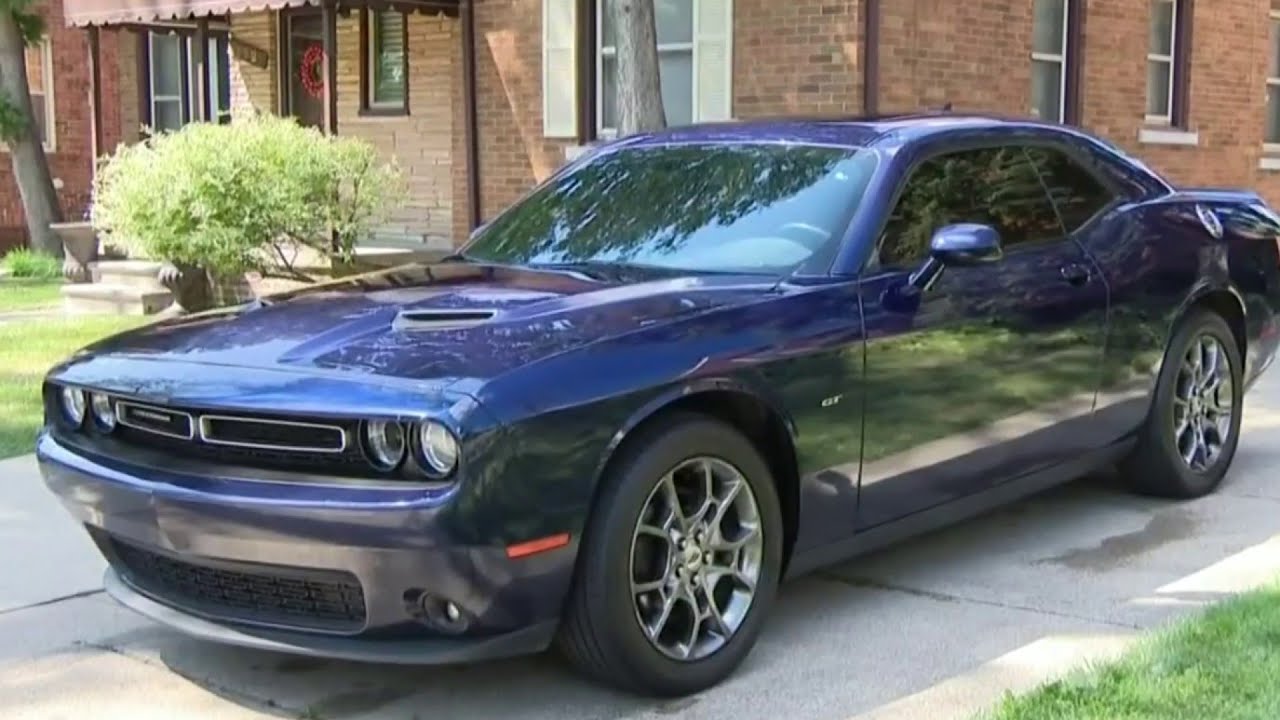Your vehicle’s braking system is one of the most critical safety features, and ensuring it’s working properly should always be a top priority. Brake problems can arise gradually, making it important for Dodge owners to recognize the early warning signs before they escalate into a serious safety concern. In this guide, we’ll discuss common brake issues, how to identify them, and what you can do to address potential problems.
Common Signs of Brake Problems in Dodge Vehicles
Brake issues can manifest in various ways. Here are some of the most common signs that your Dodge’s braking system may require attention:
- Squeaking or Squealing Noises: If you hear a high-pitched squeaking sound when applying the brakes, it usually means that your brake pads are wearing thin and need replacement. Brake pads come equipped with wear indicators that produce this noise as a warning.
- Grinding Sounds: A grinding noise often indicates that the brake pads have worn down completely, causing metal-to-metal contact with the rotors. If you hear this noise, it’s critical to have your brakes serviced immediately to avoid further damage.
- Vibration or Pulsation When Braking: If your steering wheel vibrates or you feel a pulsation when braking, it could be a sign of warped rotors. This can happen due to prolonged heavy braking or overheating of the brake components.
- Spongy or Soft Brake Pedal: A soft brake pedal that feels spongy when pressed could indicate air in the brake lines or a problem with the brake fluid. Both situations can impact braking performance and should be inspected by a professional.
- Car Pulling to One Side: If your car pulls to one side when braking, it could be a sign of a stuck brake caliper or uneven brake pad wear. This issue can affect handling and braking efficiency.
- Brake Warning Light: The brake warning light on your dashboard should never be ignored. It may indicate a variety of issues, from low brake fluid levels to serious problems with your braking system.
Diagnosing Brake Problems
If you suspect an issue with your Dodge’s braking system, here are some steps you can take to diagnose the problem:
- Check Brake Fluid Levels: Low brake fluid can cause reduced braking performance. Ensure that the brake fluid is at the correct level, and if not, top it up with the recommended type.
- Inspect Brake Pads: If you can see your brake pads through the wheels, check their thickness. If they’re less than a quarter-inch thick, it might be time to replace them.
- Listen for Unusual Noises: Pay attention to any squeaking, grinding, or other unusual noises when applying the brakes, as these are often early indicators of problems.
- Test the Brake Pedal: While the vehicle is stationary, press down on the brake pedal. It should feel firm. If it feels spongy or sinks to the floor, seek professional inspection.
Solutions for Common Brake Issues
Addressing brake problems promptly can help maintain your vehicle’s safety and prevent more costly repairs. Here are some common solutions:
- Brake Pad Replacement: Replace worn brake pads as soon as possible. This is one of the most straightforward and cost-effective ways to maintain braking efficiency and prevent rotor damage.
- Rotor Resurfacing or Replacement: Warped rotors can often be resurfaced if the damage isn’t too severe. In some cases, replacement is the best option for optimal performance.
- Brake Fluid Flush: If your brake fluid is old or contaminated, it can lead to reduced braking power. A brake fluid flush replaces the old fluid with fresh fluid, improving braking response.
- Caliper Inspection: Sticking calipers can cause uneven braking and rapid wear of brake pads. A mechanic can inspect, clean, or replace faulty calipers as needed.
Preventive Maintenance Tips for Your Dodge Brakes
To keep your brakes in good condition and avoid unexpected issues, consider these maintenance tips:
- Regular Inspections: Have your brakes inspected during regular service appointments. This helps catch any potential issues early.
- Replace Brake Fluid Periodically: Brake fluid absorbs moisture over time, which can affect braking efficiency. It’s recommended to replace it every two to three years.
- Avoid Heavy Braking: Prolonged heavy braking can overheat your brake components, causing them to wear faster. Drive smoothly and plan your stops to reduce wear on the brakes.
- Listen and Feel: Always pay attention to how your brakes feel and sound. Addressing any changes early can save you time and money.
Related Resources
For more information on vehicle maintenance and troubleshooting, be sure to read our articles on 7 Common Reasons Your Dodge Check Engine Light is On, 2013 Dodge Dart Check Engine Light Causes and Solutions, 2013 Dodge Caravan Check Engine Light Troubleshooting Guide, and Solving Dodge Caravan Engine Light Issues.
Conclusion
Brakes are vital for your safety, and recognizing early signs of trouble can prevent accidents and costly repairs. Regular maintenance, prompt attention to warning signs, and using quality brake components are key to keeping your Dodge’s braking system in top shape. Don’t wait until it’s too late—schedule a brake inspection if you notice any of the warning signs mentioned above.
Have brake-related questions or need further guidance? Leave a comment below or explore more troubleshooting guides on our site!
